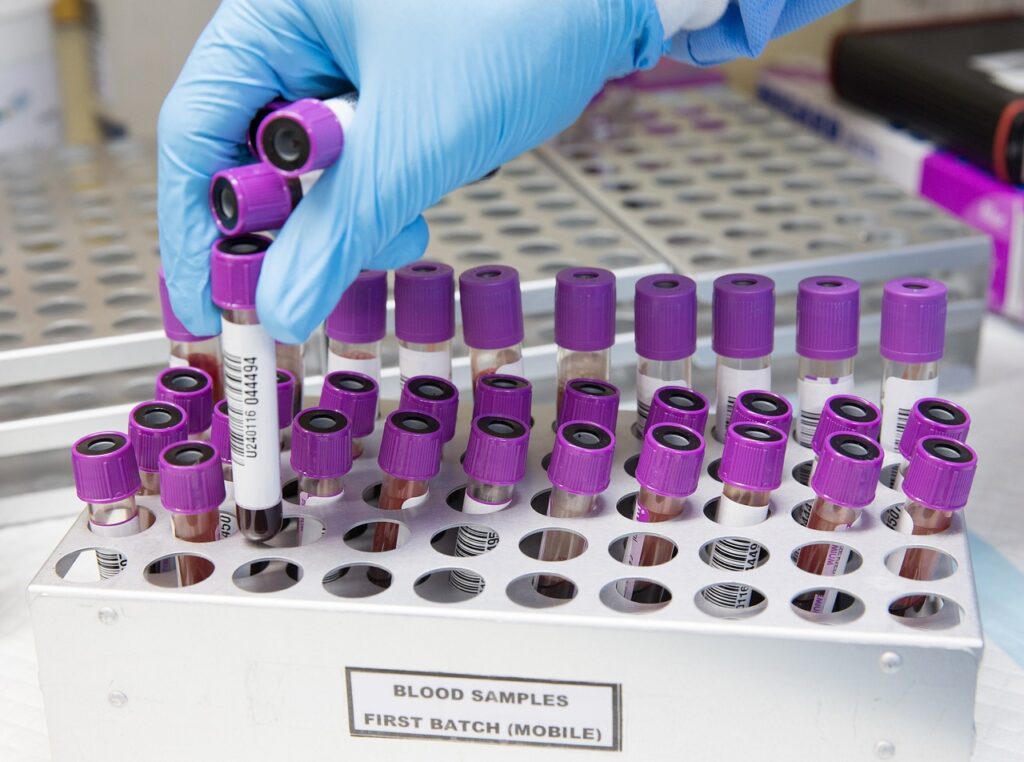Transparency, quality, and safety are becoming more and more important as the global food sector changes quickly. Today’s consumers choose healthier options and carefully read product labels since they are more aware of what they eat. In light of this increased emphasis, nutritional value testing is essential to guaranteeing the accuracy, safety, and dependability of the information offered on food products. We’ll explore what nutritional value testing is in this blog and why it’s so important for customer confidence and food safety.
What is Nutritional Value Testing?
A scientific procedure used in specialist labs to examine the nutritional makeup of food items is nutritional value testing. Macronutrients (such proteins, carbs, and fats), micronutrients (like vitamins and minerals), and other ingredients (including dietary fiber, sugar, and salt) can all be measured with this test.
This analysis has two purposes: first, it ensures regulatory standards are met by providing accurate nutritional information for food labeling; second, it confirms that the product is safe and fulfills the health benefits claimed by producers.
This testing is carried out using advanced analytical techniques, including proximate analysis, chromatography, and spectroscopy. These methods enable precise measurement of the nutritional profile of foods, beverages, and dietary supplements.
Why is Nutritional Value Testing Important?
Nutritional value testing is essential for several reasons, primarily tied to food safety, compliance, and consumer confidence.
Ensuring Food Safety
Making ensuring food products are safe to eat is one of the main goals of nutritional value testing. Excessive or insufficient nutritional levels can be harmful to one’s health. By ensuring that producers follow suggested dietary guidelines, testing helps to avoid any health risks for customers.
Regulatory Compliance
To safeguard consumers, governments and regulatory bodies around the world have strict labeling regulations. By supplying validated information about the food’s nutritional value, nutritional value testing assists producers in meeting these requirements. Compliance is important for building reputation in the industry as well as avoiding legal ramifications.
Maintaining Consumer Trust
To make educated dietary decisions in a time when eating is health-conscious, people mostly rely on food labels. However, false claims or inaccurate nutritional data can undermine confidence and harm food firms’ reputations. Transparency is ensured by nutritional value testing, which helps producers fulfill their commitments and keep customers’ trust.

Supporting Food Innovation
Nutritional value testing is crucial for food innovation, particularly for companies developing new or improved products. Whether it’s creating plant-based alternatives, fortified foods, or low-calorie snacks, testing helps ensure that these products meet desired nutritional criteria. This is particularly important in niche markets like organic, vegan, or gluten-free foods, where consumers expect precise nutritional transparency.
Facilitating Exports
For food manufacturers aiming to enter international markets, compliance with global food safety and nutritional standards is non-negotiable. Nutritional value testing ensures that products meet the standards set by regulatory bodies in different countries, thereby facilitating smooth exports and reducing the risk of product rejections.
Additionally, this testing is a cornerstone for brands that want to enhance their global appeal. Consumers worldwide look for trustworthy and well-labeled food products. Meeting international nutritional standards not only fosters confidence but also establishes brands as leaders in quality and safety.
How is Nutritional Value Testing Conducted?
Nutritional value testing is a meticulous process carried out in specialized laboratories, often referred to as nutrition testing lab in India and worldwide. Here’s an overview of how the process works:
Sample Collection involves collecting food samples for testing. These samples are carefully labeled and stored to prevent contamination or degradation before analysis. Proximate Analysis measures the content of macronutrients like moisture, protein, fat, ash, and carbohydrates. Advanced Nutritional Testing analyzes vitamin content, mineral levels, fiber, sugar content, and caloric value. Quality Assurance and Reporting involves reviewing and documenting the results in a detailed report.
New advancements in technology, such as automated analyzers and AI-based nutritional assessment tools, are also making the process faster and more accurate. These innovations are particularly valuable in large-scale food production setups.
The Role of Nutrition Testing Labs in India
To meet the various demands of the food business, India is home to an expanding network of nutrition testing laboratories. To produce accurate findings, these labs follow international standards and employ state-of-the-art technology. Their services are essential for startups in the health and wellness sector, restaurants and catering companies, small and medium-sized businesses (SMEs), and makers of packaged foods.
These labs are essential to guaranteeing that consumers obtain safe and superior food products, especially in light of India’s growing emphasis on nutrition and food safety. They also act as a link for small-scale food producers that want to bring goods that satisfy global quality standards into the competitive market.
Benefits of Nutritional Value Testing for Consumers
Nutritional value testing directly affects consumers by facilitating safer eating, informed decision-making, and informed choices, even though its main beneficiaries are producers and regulatory bodies. Accurate food labeling helps consumers plan their diets more effectively, stay away from allergies, and make sure they are reaching their nutritional objectives.
Furthermore, there is a greater need than ever for accurate nutritional information as more people follow particular diets like high-protein, vegan, or keto. This need is met by nutritional value assessment, which gives consumers reliable information to help them select foods that suit their dietary needs and lifestyle.
Conclusion
Nutritional value testing is more than just a regulatory requirement; it’s a cornerstone of food safety and consumer trust. By analyzing the nutritional composition of food products, manufacturers can ensure compliance with safety standards, maintain transparency, and build confidence among health-conscious consumers.
As the demand for quality food grows, the role of nutrition testing labs in India becomes increasingly significant. These labs not only help brands meet compliance standards but also empower consumers to make informed choices, fostering a healthier and safer food ecosystem.
Investing in nutritional value testing is, therefore, not just a business necessity but a step towards ensuring a healthier and more transparent food industry. The importance of accurate nutritional data will only grow in the coming years, as consumers become even more vigilant and aware of their dietary needs.











